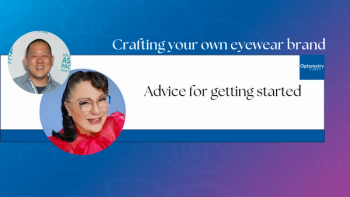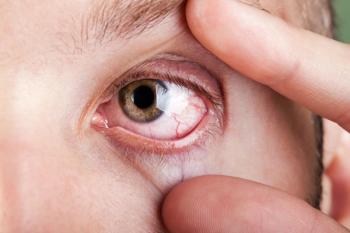
'Eye' witness offers whole truth
How to become a professional witness in cases
Back in the late 1990s, Timothy Wingert, OD, was approached by Missouri's State Board of Optometry, which was examining its compliance and enforcement statutes. As a faculty member of the School of Optometry at the University of Missouri-St. Louis, Dr. Wingert was invited to share his opinion about the type of tests he believed were required for a routine eye exam.
That was just the beginning. The board approached him a second time, requesting him to review material involving an actual case where an optometrist allegedly failed to conduct an important test as part of a patient's comprehensive eye exam. Did the optometrist make a mistake? Should the board discipline him?
Emerging an expert
Since then, Dr. Wingert, who has practiced optometry for 31 years, has served as an expert witness in roughly five different cases over the past 12 years. Although this was never part of his career plan, he said these opportunities provide him with unique outlets to apply his knowledge and experiences while enhancing his professional growth.
"This is something you do for professional fulfillment, not something you would do for additional income," he said. "It contributes very little income, a nominal amount. It might buy dinner."
But what it does buy is satisfaction. Besides standing up for the profession, it also enables him to clear his peers who are wrongly accused of not performing their job. "That's rewarding by itself," Dr. Wingert said.
Newsletter
Want more insights like this? Subscribe to Optometry Times and get clinical pearls and practice tips delivered straight to your inbox.













































